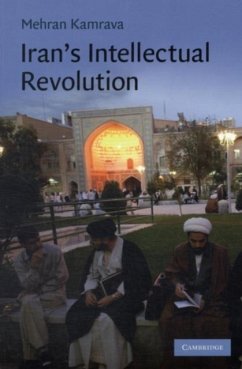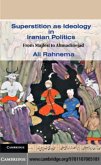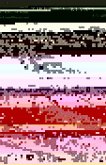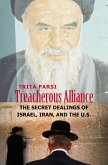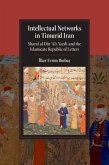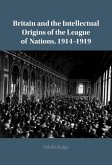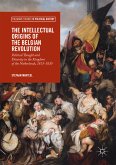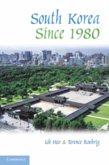Since its revolution in 1979, Iran has been viewed as the bastion of radical Islam and a sponsor of terrorism. The focus on its volatile internal politics and its foreign relations has, according to Kamrava, distracted attention from more subtle transformations which have been taking place there in the intervening years. With the death of Ayatollah Khomeini a more relaxed political environment opened up in Iran, which encouraged intellectual and political debate between learned elites and religious reformers. What emerged from these interactions were three competing ideologies which Kamrava categorises as conservative, reformist and secular. As the book aptly demonstrates, these developments, which amount to an intellectual revolution, will have profound and far-reaching consequences for the future of the Islamic republic, its people and very probably for countries beyond its borders. This thought-provoking account of the Iranian intellectual and cultural scene will confound stereotypical views of Iran and its mullahs.
Dieser Download kann aus rechtlichen Gründen nur mit Rechnungsadresse in A, B, BG, CY, CZ, D, DK, EW, E, FIN, F, GR, HR, H, IRL, I, LT, L, LR, M, NL, PL, P, R, S, SLO, SK ausgeliefert werden.

